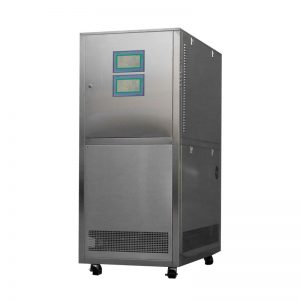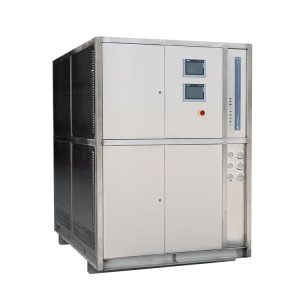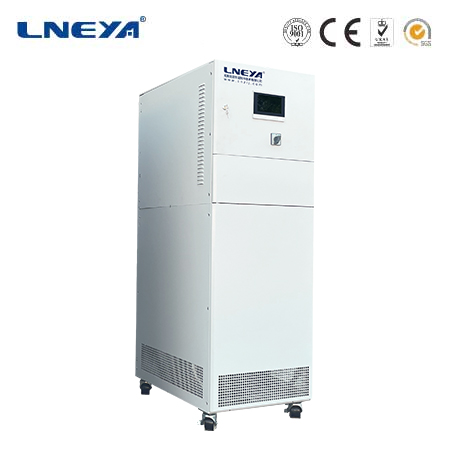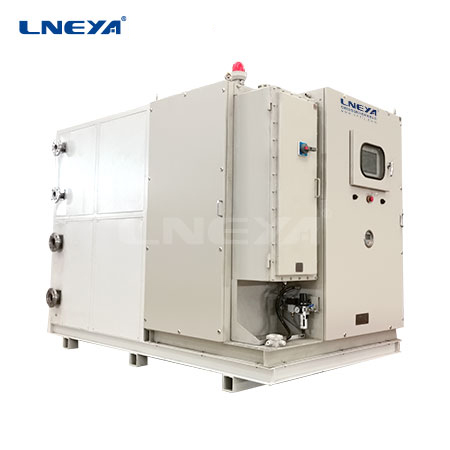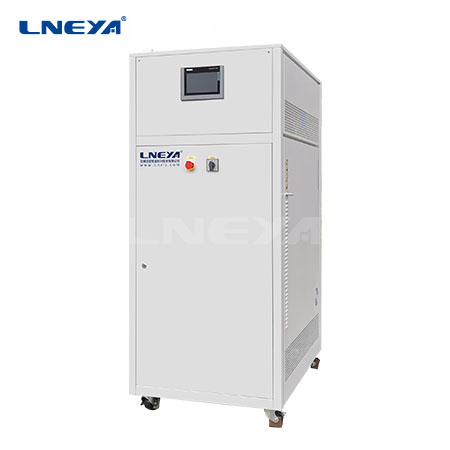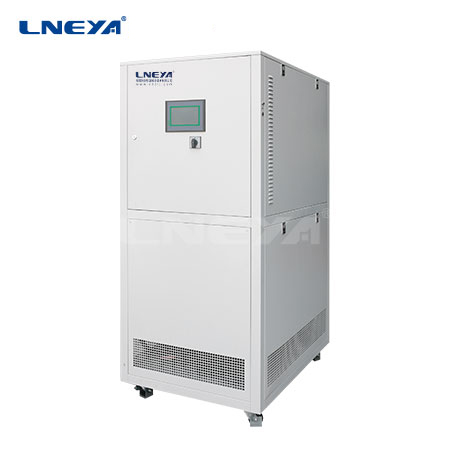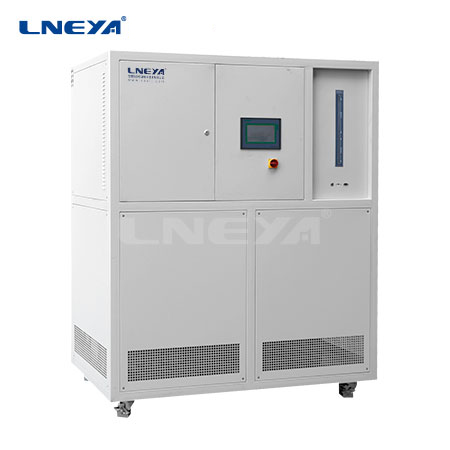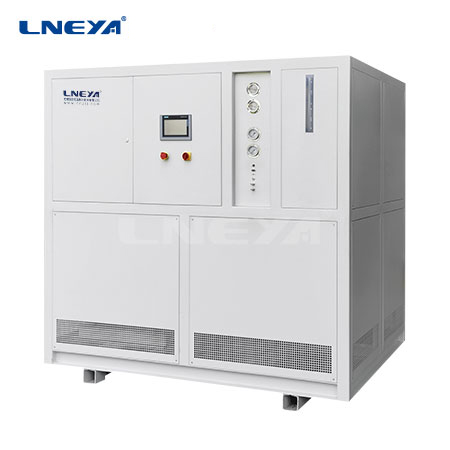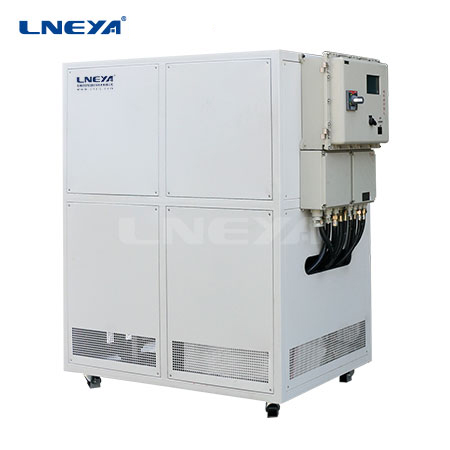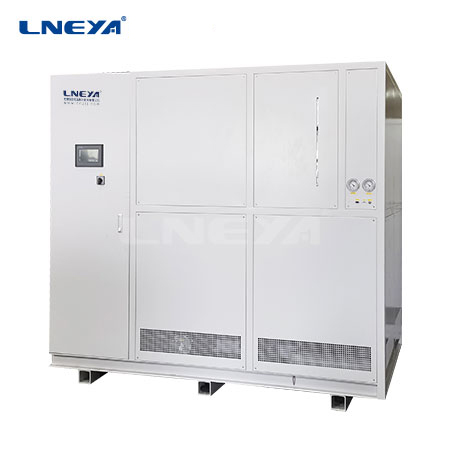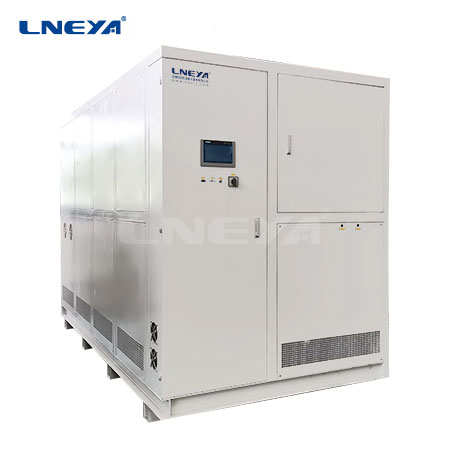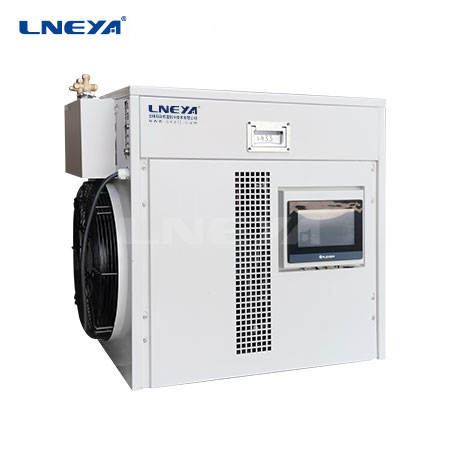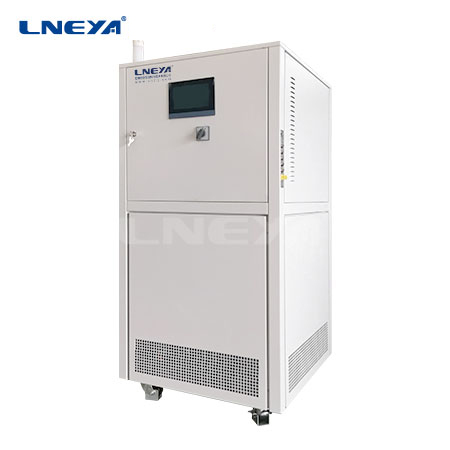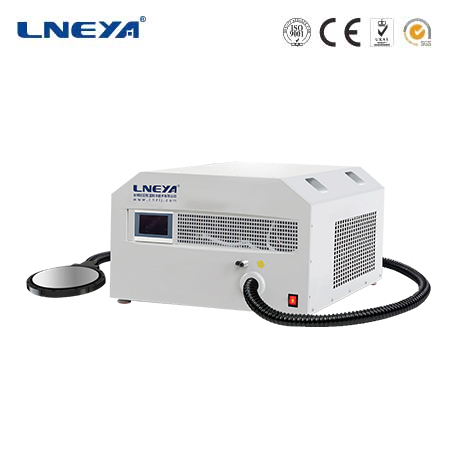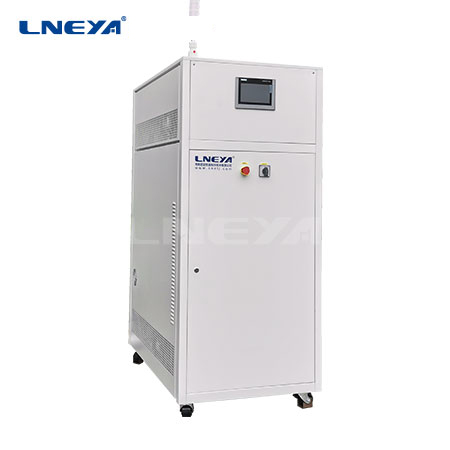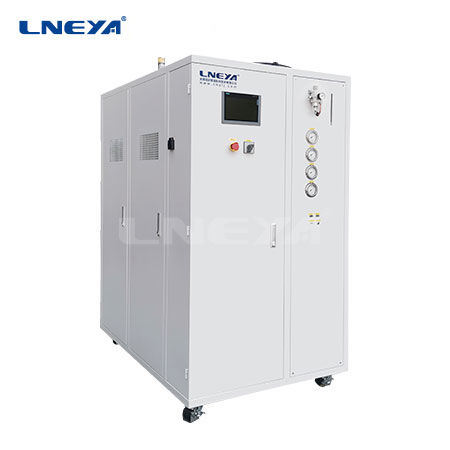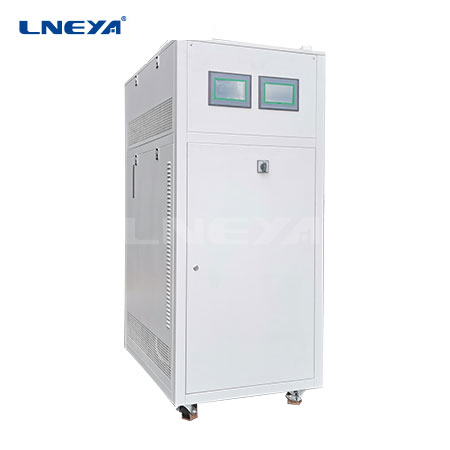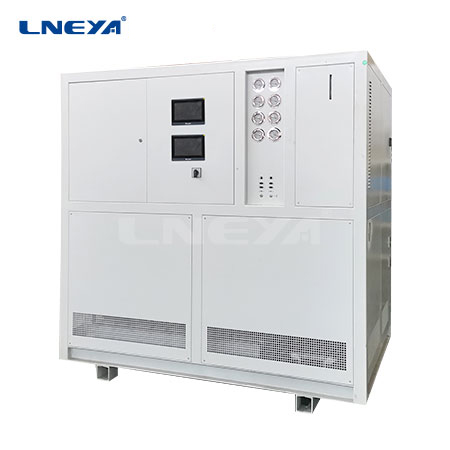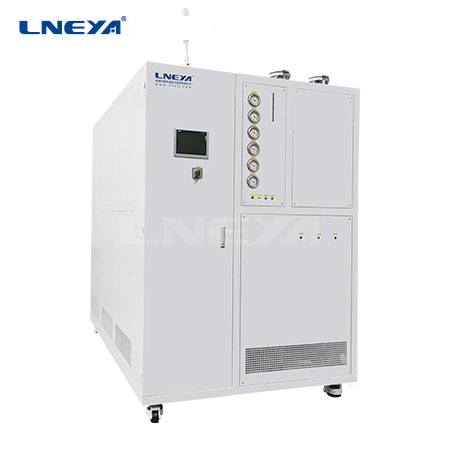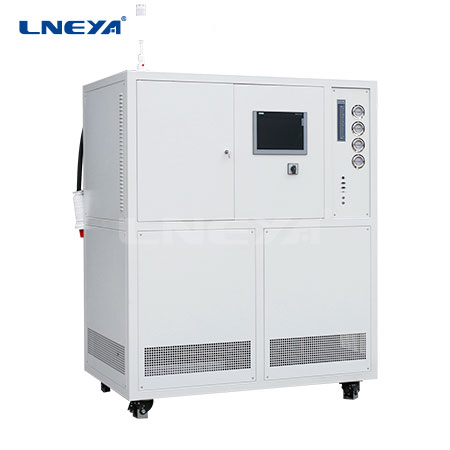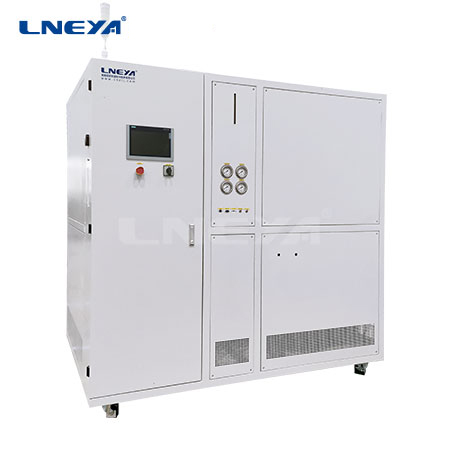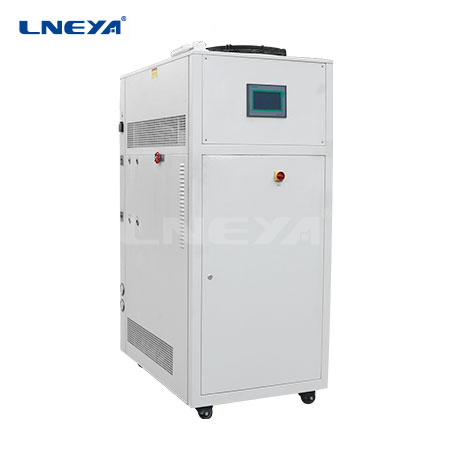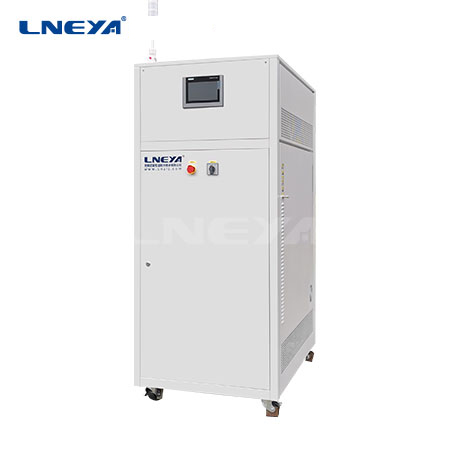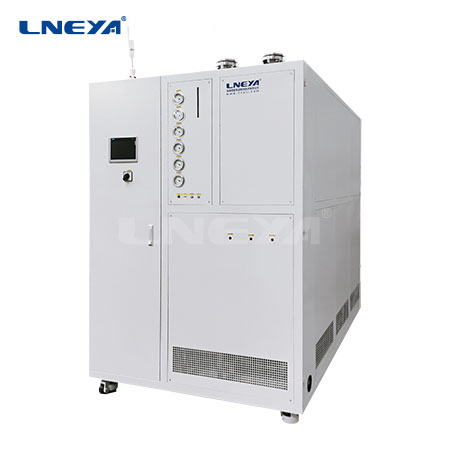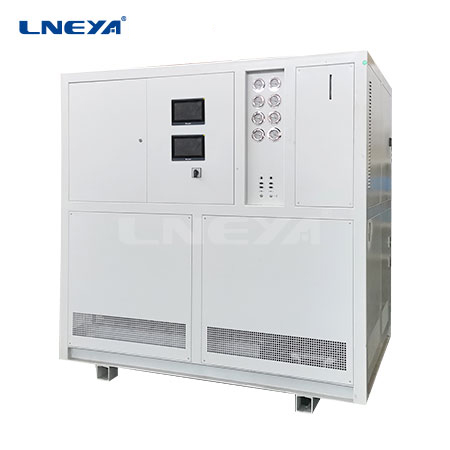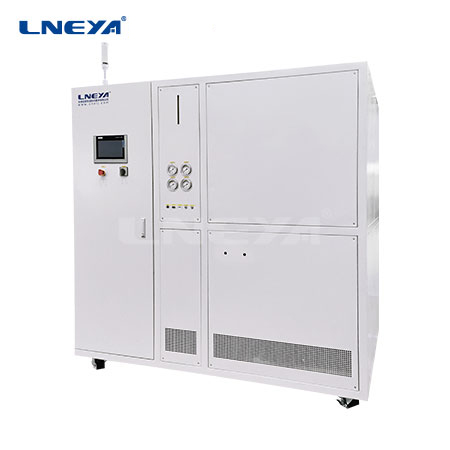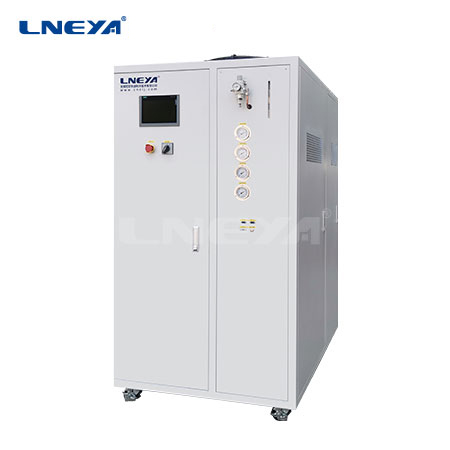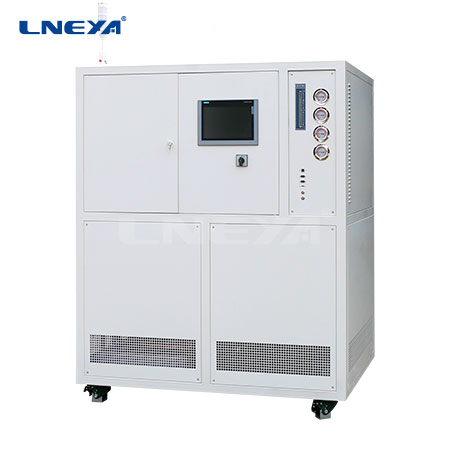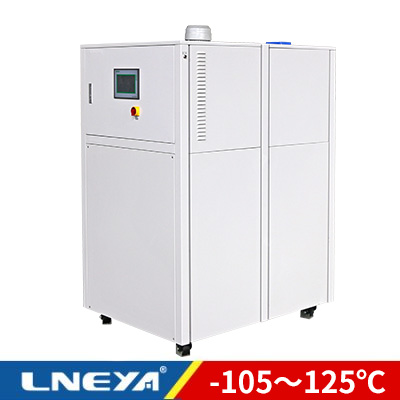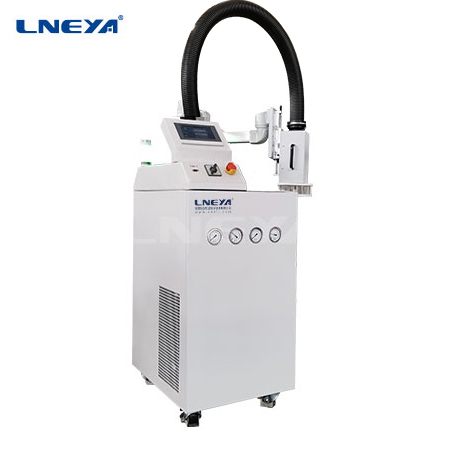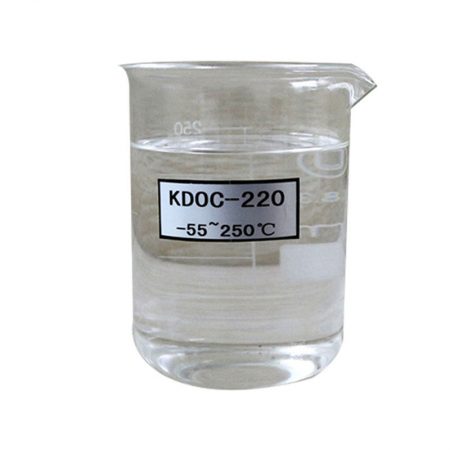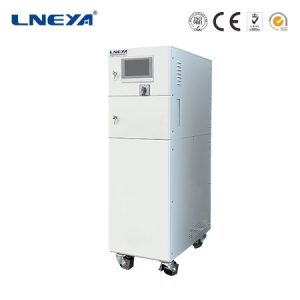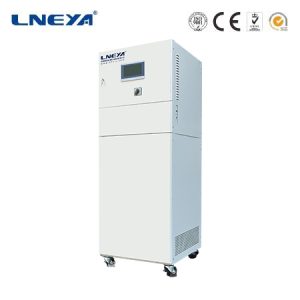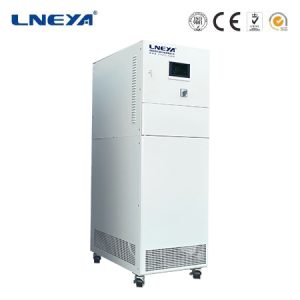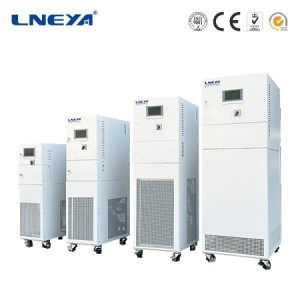Advantages of liquid cooling systems:
Good heat dissipation: Compared with air cooling, liquid cooling has a better heat dissipation effect and can more effectively remove the heat generated by system components, which is suitable for large-scale energy storage systems.
Strong scalability: liquid cooling can be easily expanded to meet the needs of large-scale energy storage systems, and the cooling efficiency of the system can be easily improved by increasing the number of liquid circulation pipelines and radiators.
High temperature control accuracy: Liquid cooling can control the temperature of system components more precisely by controlling flow and temperature, allowing the system to maintain stable performance under a wider range of operating conditions.
Less noise: Compared with air cooling, liquid cooling is less noisy, because good sound insulation design can reduce the noise generated by the liquid pump and radiator.
Strong corrosion resistance: The coolant used in liquid cooling has good corrosion resistance and can be used for a long time without adversely affecting the system.
At the same time, liquid cooling also has certain limitations, mainly including:
High cost: Liquid cooling is more expensive than air cooling, requiring equipment such as liquid coolant, piping, and pumps.
Difficult to maintain: Coolants, pumps, radiators and other equipment require regular maintenance and maintenance.
Environmental protection issues: The coolant used in the liquid cooling system has certain environmental protection issues and requires special treatment and recycling.
 LNEYA
LNEYA
 简体中文
简体中文










